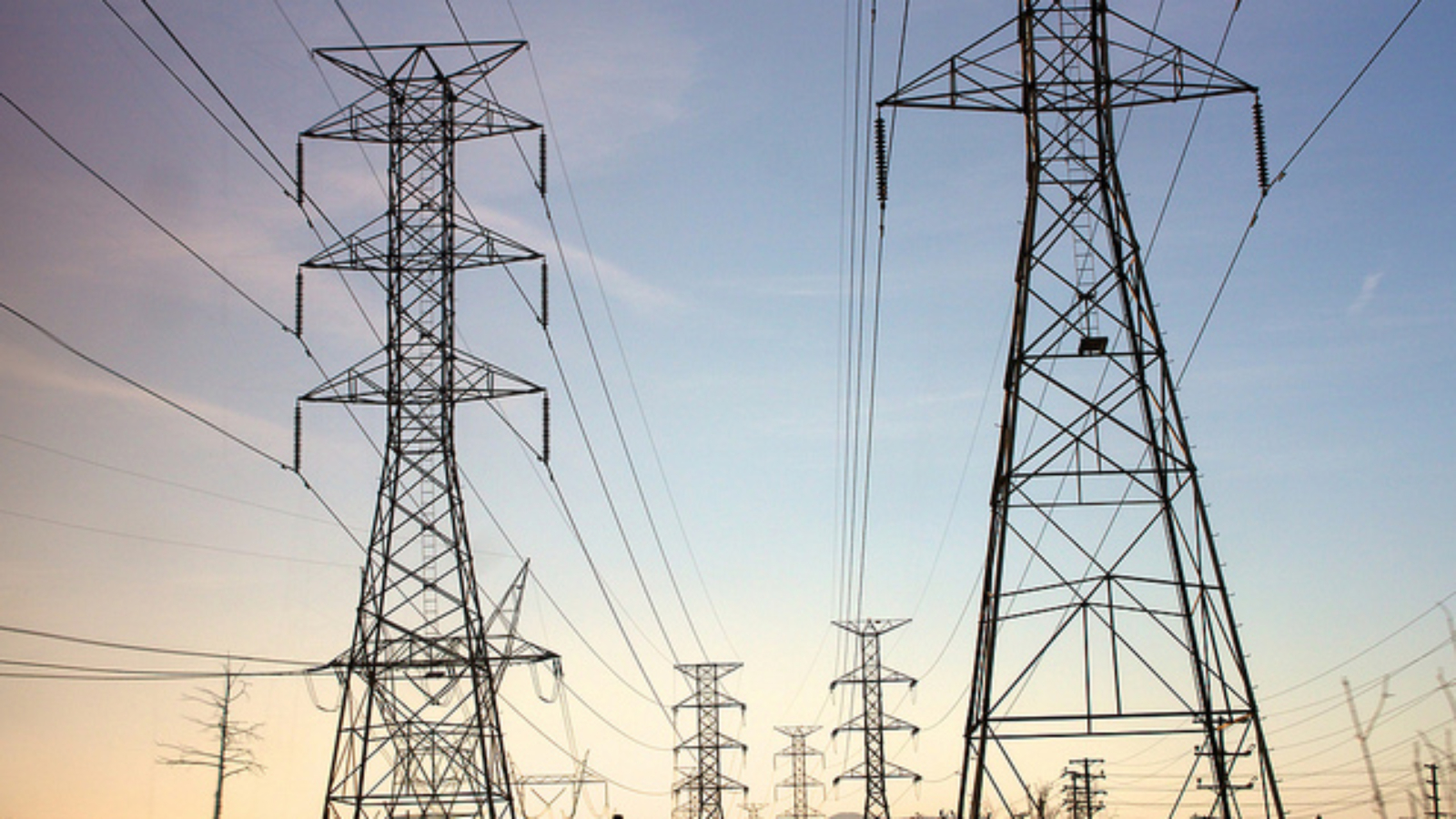By Karina Taylor
At the COP21 meeting in Paris next month, reduction will be the name of the game: reduction in carbon emissions, in squandered resources, in humanity’s impact on our environment as a whole. The conference’s main goal is achieving a comprehensive international agreement on carbon emissions amongst all nations present. The new mission is a sustainable existence — one where the world’s citizens save our planet by doing more with less, or at least with less waste. Climate change, one of 17 development goals adopted by the United Nations this fall, warrants annual international summits. By comparison, accessible energy, a concept critical to development that is represented by several goals, lacks such cohesive international attention.
While climate change activists work to save a watt, development has a lighting problem. In an increasingly electrified world, millions live without reliable electricity, and 1.3 billion more live without any power at all. As more nations rush to industrialize in order to compete in a global economic marketplace, electrical infrastructure remains insecure. In many developing countries, existing electrical grids are subject to constant outages due to factors including overextension; outdated, un-weatherproofed electrical systems; over-reliance on expensive oil to power electrical plants; and constantly erupting conflict situations that interrupt service and repairs across entire regions. Many remote regions within those same countries — known as “last mile” communities — remained un-electrified and overlooked by developers. Fiza Farhan, CEO of the Pakistan-based Buksh Foundation, a non-government energy provider, laments such conditions: “When Buksh Energy launched in 2009, there was zero competition in the sector.”
Those who do turn their attention to these areas have either different priorities or lack the ability to make their local solutions scalable. Humanitarian efforts, concerned with providing basic necessities, often provide stopgaps for communities rather than long-term solutions. Furthermore, the undertakings receiving a majority of public attention (and subsequent investment) occur after a massive loss of existing infrastructure due to environmental cataclysms like avalanches, tsunamis, or earthquakes. Such an approach further orients resource gathering towards short-term assistance goals. The climate debate intersects with these tragedies more to explain their causes than to devise strategies for making regions securely inhabitable for the people that choose or are forced to rebuild.
Locally cultivated solutions possess issues opposite that of humanitarian aid. While clearly designed to address development gaps, they often lack the necessary resources to “scale up” their efforts, limiting their market penetration to small (though successful) treatment groups. Instead of waiting for a conference or a mention on the international agenda, regional civil society is stepping up to help local innovators fill that void.
On Oct. 22, the United Nations Development Programme’s (UNDP) N-Peace Network and Impact Investment Exchange Asia (IIX) honored six such problem-solvers as winners of the IIX-N-Peace Innovation Challenge. Two honorees, Kopernik and the aforementioned Buksh Energy, stood out for their attempts to bridge the energy gap in remote areas.
Kopernik’s Wonder Women initiative, originating in Indonesia, matches entrepreneurial women in remote villages with clean-energy cook stoves and water treatment products that they then sell at affordable prices within their communities. IIX’s Jialing Lim praised their efforts: “By answering an existing need… Kopernik’s initiative to fill infrastructure and energy gaps also enables women to take lead in business and market development in otherwise isolated and excluded communities.” Buksh Energy’s commitment to Pakistan’s energy sector is described as even further, “[demonstrating] an added dimension – of combating extremism and isolation.”
As Lim and Buksh Energy explain it, 44 percent of Pakistanis live without electricity, and that detachment correlates with a rise in radicalization in those regions. In their winning initiative, Buksh provides solar lamps to a “light lady” in a given village that then rents them out to her neighbors, fostering connections both social and technological. According to CEO Fiza Farhan, “We were the first ones to work in the domain of renewable energy and off-grid electrification and faced a lot of resistance on the main basis of our innovative business model with no clear demonstrations in the country.”
Since then, the organization’s focus has expanded beyond micro-sector development to include major projects like solar power plants and large-scale energy infrastructure. “ In case we do experience resistance at any level,” Farhan insists, “there is one simple rule to apply: to keep going and never give up.” Buksh Energy wants to light 4,000 villages by 2020.
Energy access and infrastructure is a decidedly less sexy aspect of the climate change debate, and many other goals for international development. However, the public discourse surrounding climate change cannot continue to minimize the fact that many of the nations participating in these talks, despite their other industrial advances, are still home to millions of citizens living in literal darkness. Discussions about energy efficiency cannot assume a power infrastructure that rural regions of many nations simply may not possess.
Civil society must work to counter these assumptions, going further than elevating the notable climate-conscious efforts of problem-solvers like the Innovation Challenge winners. The next step involves supporting the direct integration of those ideas into government policies so that entire nations, not simply small test communities, may benefit from their solutions. Such initiatives should be shared at specially designated international meetings, allowing a direct exchange of ideas that enables the private sector to help the public sector provide for all constituencies, both living on and off the grid.
*****
*****
Karina Taylor is an editorial assistant at World Policy Journal
[Photo courtesy of Oran Viriyincy]
